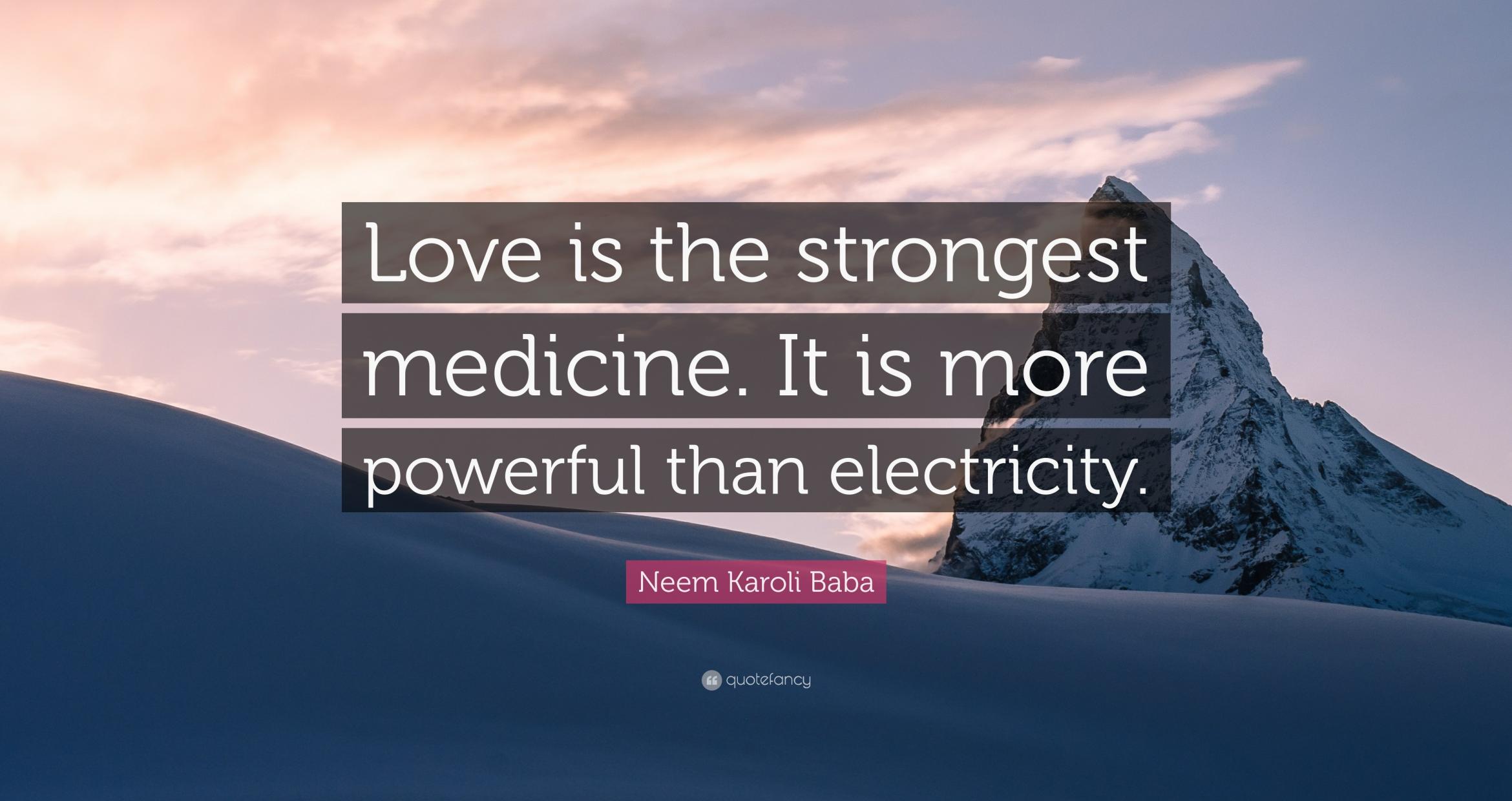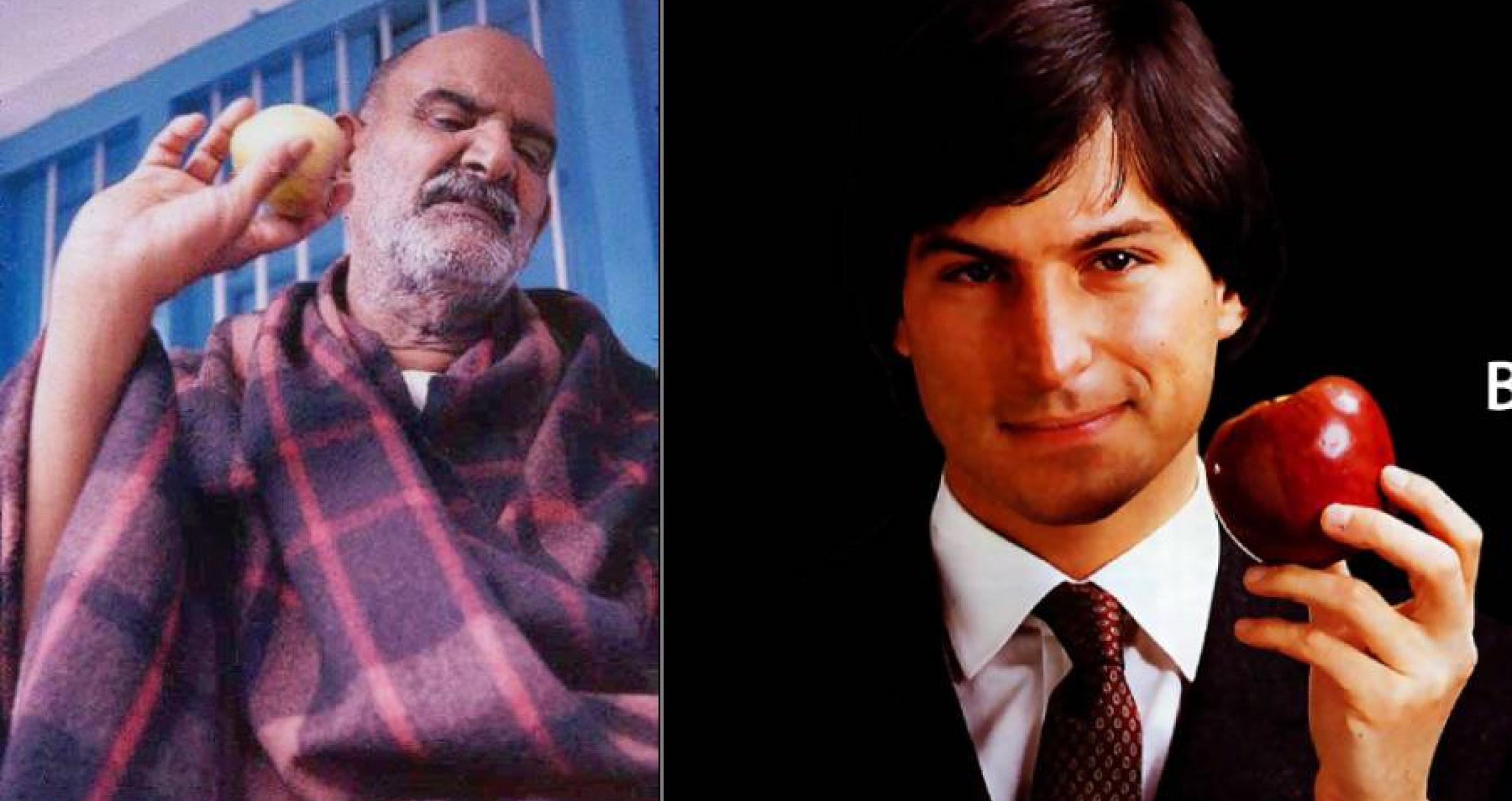Apple's spiritual beginnings
Apple's beginnings are linked with India; Steve Jobs’ intuition, which inspired him to create distinctive electronic products, was bolstered by a trip to India in 1974. As an 18-year-old backpacker in search of enlightenment, Jobs set out for India in 1974 along with his friend and fellow dropout Dan Kottke who would become the first employee of Apple a few years later. When Jobs reached Neem Karoli Baba's ashram at Kainchi near Nainital, Baba had already passed away a year ago.
More than three decades later, Mark Zuckerberg of Facebook went to visit Neem Karoli Baba's ashram in India on the advice of his mentor, Steve Jobs .
Neem Karoli Baba, who attracted a large number of Western celebrities, including Julia Roberts, Larry Page of Google and Jeff Skoll of eBay, was a mystic who propounded no philosophy. His only message was to serve others. He was popularised in the West by one of his most famous devotees, Richard Alpert, known as Ram Dass, who once conducted research with Timothy Leary at Harvard University on the therapeutic effects of psychedelic drugs.
Neem Karoli Baba, known at the time as Baba Lakshman Das (also spelled "Laxman Das"), left his home in 1958. Ram Dass tells a story that Baba Lakshman Das boarded a train without a ticket and the conductor decided to halt the train and forced him out of the train in Neem Karoli village of Farrukhabad district (U.P). After forcing Baba off the train, the conductor found that the train would not start again. After several attempts at starting the train, someone suggested to the conductor that they allow the sadhu back on to the train. Neem Karoli agreed to board the train on two conditions: 1) the railway company promise to build a station in the village of Neem Karoli (at the time the villagers had to walk many miles to the nearest station), and 2) the railway company must henceforth treat ascetics better. The officials agreed and Neem Karoli Baba boarded the train joking, "What, is it up to me to start trains?" Immediately after his boarding the train, it started, but the train drivers would not proceed unless the sadhu blessed them to move forward. Baba gave his blessings and the train proceeded. Later a train station was built in the village.
Jobs got in touch with his intuition during his trip to India, but another thing happened during the trip that was to stay with him till his death — he got to read 'Autobiography of a Yogi' by Paramhansa Yogananda, a book that has remained a spiritual bestseller since it was first published in 1946. Jobs got so much influenced by the book that its message stayed with him till he died. A few months before his death in 2011, 'Autobiography of a Yogi' was the only book he had on his iPad.
Steve Jobs’s spiritual experience in India has been mentioned by him in many places. According to mythology, Neem Karoli Baba’s favorite fruit was an apple. Jobs was so influenced by him that it became the logo of Apple Inc.
Incidentally, the word "ethics" is a derivative of the word "ascetics" and ethics is what is needed in business for a business to progress constantly.
There is a growing body of research that shows that bringing ethics and spiritual values into the workplace can lead to increased productivity and profitability as well as employee retention, customer loyalty, and brand reputation. When you incorporate spirituality into your business, you change the persona of the business into a living entity from an empty corporate shell. Spirituality gives a business, soul. A business that lacks spirituality leaves no legacy. More often than not, such a business is focused solely on chasing profits and ultimately loses its soul. History is rife with examples of companies that profited from the Golden Age of Capitalism and thrived, before losing their way because they lost their soul. (Lehmann brothers, Enron, Tyco, Worldcom…)
Love is the strongest medicine. It is more powerful than electricity (Neem Karoli Baba)




